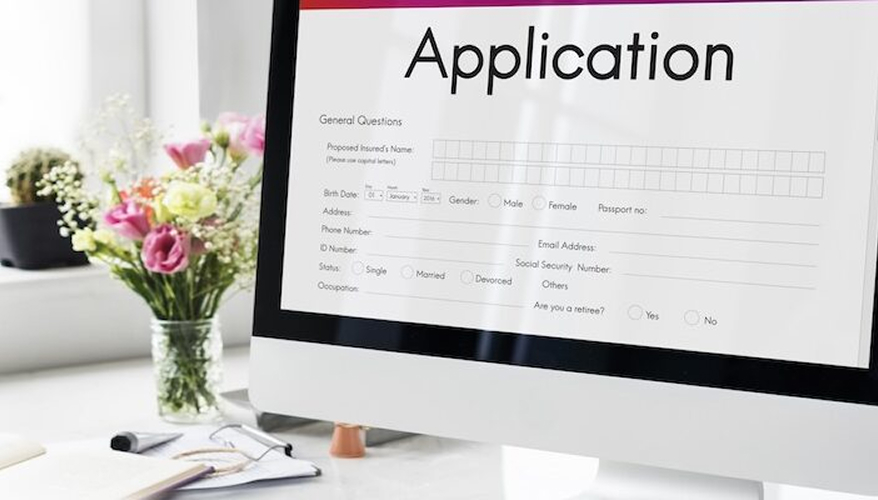Singapore’s healthcare system is widely recognised as one of the most efficient and cost-effective in the world. The government plays a major role in ensuring that all citizens have access to quality medical care, with a strong emphasis on preventative measures and community-based care.
Singapore also has a robust private healthcare sector, which complements the public system and provides patients with a wide range of options.
Why Is Singapore’s Healthcare Considered One Of The Best?
Singapore’s healthcare system is known for its efficiency, cost-effectiveness, and accessibility. The government plays a crucial role in providing healthcare services to its citizens, focusing on preventative measures and community-based care.
The country has a well-developed public healthcare system that includes a network of hospitals and clinics and offers subsidies for medical treatments. The healthcare system is also complemented by a solid private healthcare sector, providing patients with a wide range of options for medical treatment.
Singapore is renowned for its highly trained and skilled healthcare workforce, which includes both local and foreign healthcare professionals. The country also invests highly in medical research and technology, which helps keep its healthcare system up-to-date and cutting-edge.
Furthermore, the country’s healthcare system is consistently ranked highly in international comparisons and is often used as a model for other countries to emulate. This is due to the system’s efficiency and low costs and the high levels of patient satisfaction achieved.
Healthcare Schemes in Singapore
MediSave Scheme
A national savings scheme in Singapore that helps citizens save for future healthcare needs. The scheme is mandatory for all working citizens and permanent residents and requires them to set aside a portion of their income into an individual MediSave account.
The funds in the account can then be used to pay for hospitalisation expenses and certain approved medical treatments and insurance policies. MediSave also allows for withdrawals for specific medical expenses for oneself, immediate family members, grandparents, and parents.
MediFund Scheme
Set up by the government to assist Singaporeans who are unable to pay for their medical expenses, even after utilising their MediSave funds and other financial assistance schemes. MediFund is intended to provide a safety net for Singaporeans in need and is funded by donations from the public and also government grants.
MediShield Life Scheme
A mandatory health insurance scheme that provides Singaporeans with basic protection against large hospitalisation expenses, regardless of their age or health status.
It is designed to complement the Medisave scheme by providing coverage for large hospital bills that Medisave may not fully cover. MediShield Life also provides coverage for pre-existing conditions and life-long renewability.
Ministry of Health (MOH)
The Ministry of Health (MOH) in Singapore is the government agency responsible for managing and overseeing the country’s healthcare system. The MOH is responsible for providing healthcare services to the population, as well as developing and implementing policies related to healthcare.
One of the main differences between the MOH in Singapore and other countries is the level of government involvement in healthcare. In Singapore, the government plays a major role in ensuring that all citizens have access to quality medical care, with a strong emphasis on preventative measures and community-based care. This is in contrast to other countries where healthcare is primarily provided by the private sector, with little government involvement.
The MOH also ensures that healthcare is affordable and accessible to all citizens. This is achieved through a combination of government subsidies and the MediSave and MediShield Life schemes. These schemes help to ensure that Singaporeans can afford to pay for medical treatments and hospitalisation expenses, regardless of their income level.
Another key difference between the MOH in Singapore and other countries is the emphasis on preventative care. The MOH strongly emphasises preventive measures such as vaccination, health screenings, and lifestyle education, which helps keep healthcare costs low while ensuring that the population stays healthy.
In addition, the MOH in Singapore is also known for its efficient and innovative healthcare system, which is consistently ranked highly in international comparisons. Due to its effectiveness and affordability, Singapore’s healthcare system is often held up as a model for other countries.
Public vs Private Hospitals in Singapore
In Singapore, both public and private hospitals are essential in providing healthcare services to the population.
Public hospitals in Singapore are owned and operated by the government and provide a wide range of medical services to the population. These hospitals are known for their high-quality care and are staffed by highly trained healthcare professionals. They also provide a wide range of subsidies and financial assistance schemes, making healthcare more affordable and accessible to all citizens, regardless of their income level.
On the other hand, private hospitals are owned and operated by private organisations. These hospitals tend to have smaller patient volumes and offer more personalised and specialised care. They also provide a more comprehensive range of medical treatments, including elective and cosmetic surgeries, and are equipped with the latest medical technology. In addition, private hospitals tend to have shorter wait times for non-emergency procedures and a more comfortable environment.
Regarding medical treatments, both public and private hospitals in Singapore are able to provide the same quality of care. Public hospitals have less waiting time for emergency cases and have more resources for critical illness treatments. At the same time, private hospitals are more suitable for elective and non-emergency procedures and are generally more comfortable.
Conclusion
Singapore’s healthcare system is a model for other countries to follow due to its effectiveness and affordability. The government’s intense involvement in healthcare and emphasis on preventative measures and community-based care, along with the MediSave and MediShield Life schemes, help to ensure that all citizens and Singapore PRs have access to quality medical care, regardless of their income level.
As a foreigner, healthcare can be very expensive if you are not insured. So, to get the maximum benefits of the world-class healthcare system in Singapore without worrying about the cost, you should become a Singapore PR or citizen. Speak to an immigration consultant today to discuss how you can avail these benefits and more.






